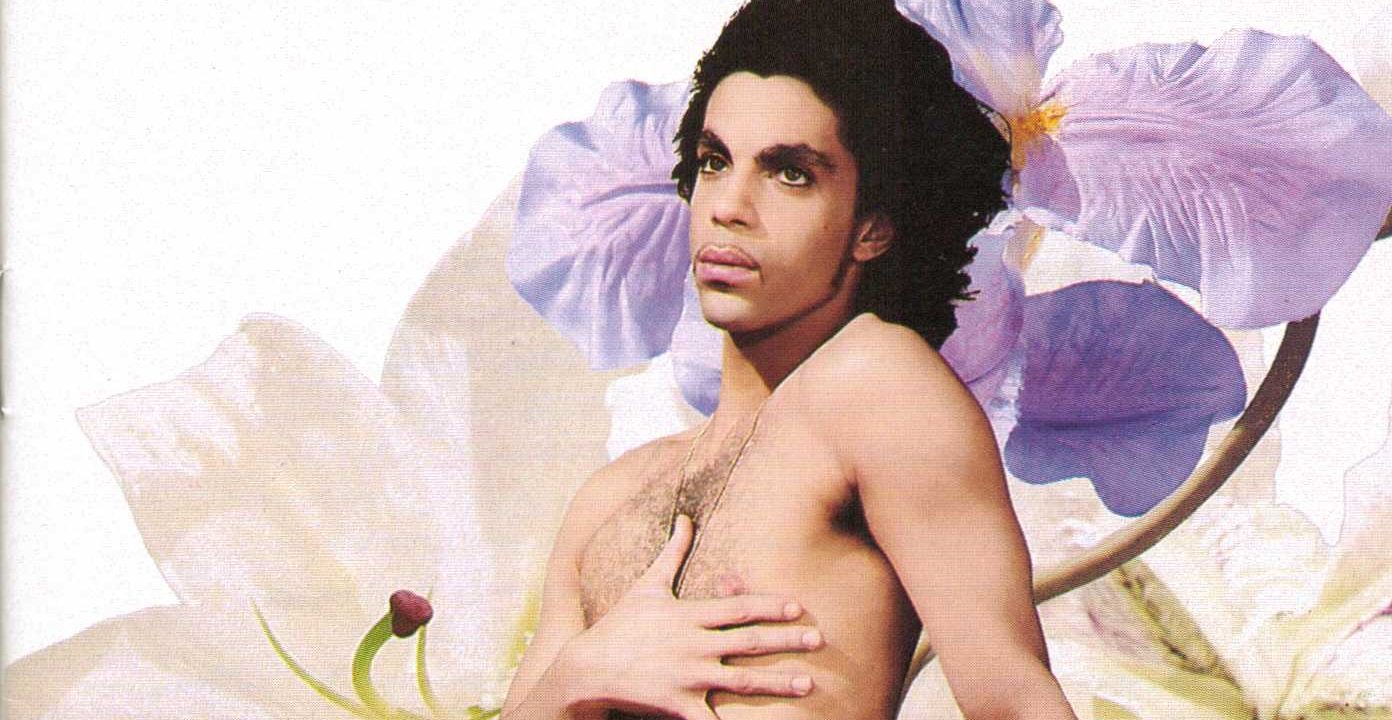‘Prince dared to see sexuality and gender for the kaleidoscopic spectrum we now know it to be’
In both his demeanour and music, the late star was always miles ahead, writes Ben Kelly.
By Ben Kelly

Words: Ben Kelly
This article was first published in April 2016
In April 2016, the world lost a great talent in Prince – an artist whose musical talent was matched only by his capacity for pushing boundaries and blurring the lines of normalcy.
In the years since, quite rightly, many people have revisited his music and reconnected with a man whose game-changing records and unique performance style contributed so much to the popular culture of the late 20th century.
In the scope of his impact, it’s hard not to compare the loss of Prince with David Bowie, who passed just a few months before. They were both visionary musicians who fused pop with art, and became the kind of other-worldly icons that the internet age sadly no longer accommodates.
Like Bowie, Prince was a man who was unafraid of otherness, and relished being an outsider. He too flirted with sexual fluidity and presented himself as flamboyantly androgynous. On the cover of his LoveSexy album, Prince flaunts like Botticelli’s Venus, totally nude.
Many people thought he was gay, and some even thought he was a girl – easy assumptions to be drawn from audiences of the ’70s and ’80s who had never seen anything like him.
Just as Madonna used masculinity to assert her femininity, so too Prince demonstrated that by embracing femininity you could still be a sexy man – and boy was he. Whether he was in a ruffled purple suit or nothing but heels and leather trousers, he oozed a kind of indescribable sex appeal. That’s not to mention outrageously explicit songs like ‘Cream’ and ‘Gett Off’, which remarkably topped the charts 25 years ago despite having lyrics which would make Nicki Minaj blush.
On his 1981 hit ‘Controversy’, he bemoaned that people sought to put binary terms on him, always asking, “Am I black or white? Am I straight or gay?” In a way, he was all of those things, and everything in between – and he saw no contradictions.
Prince wasn’t gay, but crucially, he dared to see sexuality for the kaleidoscopic spectrum we now know it to be. In that, as with his music, he was miles ahead.
Despite the levels of adoration Prince received in his lifetime, there are always new depths of appreciation to be reached when considering his talent. A profoundly skilled musician, he played all 29 instruments on his debut album and produced it himself. He could make a guitar wail as good as Hendrix, and played keyboards with the flair of a concert pianist. His live concerts were quasi-religious experiences for those who adored him.
A true eccentric, Prince appeared to live half his life as a hermit, and half of it tearing up a stage; often performing three different shows well into the wee small hours on a given night. There was an album every year, and sometimes there were two or three.
And, if the myth that has swirled around for years is true, Prince has a vault at his Paisley Park complex where entire albums exist that never saw the light of day, purely because he couldn’t get it all out. One project is allegedly a 1980s album he recorded entirely in a female voice, which he planned to release under the pseudonym ‘Camille’. He lived for music, and surrounded himself with bands, singers, and other artists, with every new acquaintance becoming as much a collaborator as a friend.
In a sense, his life was one long musical act. He felt eroticism, and he made a song. He saw his name, and he made a symbol. He found a living room, and he threw a concert in it. (Really: ask Lianne La Havas).
It was the love of his art that also forced him to learn how to protect his creations in an evolving industry. Sick of being told what to do by a big label, he split with Warner Bros in the early ’90s, and took back artistic control. He realised before most of us that purchased music was on its way out in 2007, much as we scoffed when he gave away his Planet Earth album for free in the Sunday papers. And he had his music protected from online streaming nearly a whole decade before Taylor Swift ‘took on’ Apple.
But above all, Prince leaves us with a back catalogue that is extensive and endlessly fascinating. On his up-tempo hits, the music was bombastic, and in his touching ballads, his lyrics were profound. On ‘Raspberry Berry’ he was having sex in a barn while horses watched, while ‘When Doves Cry’ recalled painful, blazing rows with his father.
‘Nothing Compares 2 U’, made popular by Sinead O’Connor, is one of the most heart-breaking songs to be born of the 20th century. In it, he wrote, “All the flowers that you planted mama, in the back yard, all died when you went away.”
By contrast, the musical legacy Prince has planted will most certainly live forever.
